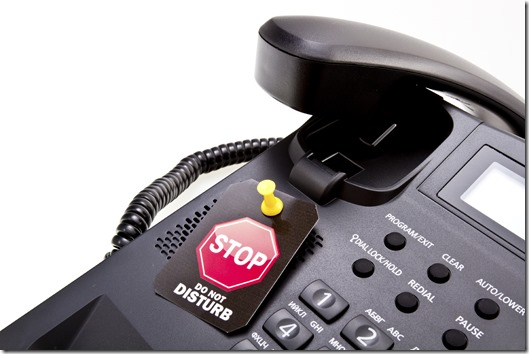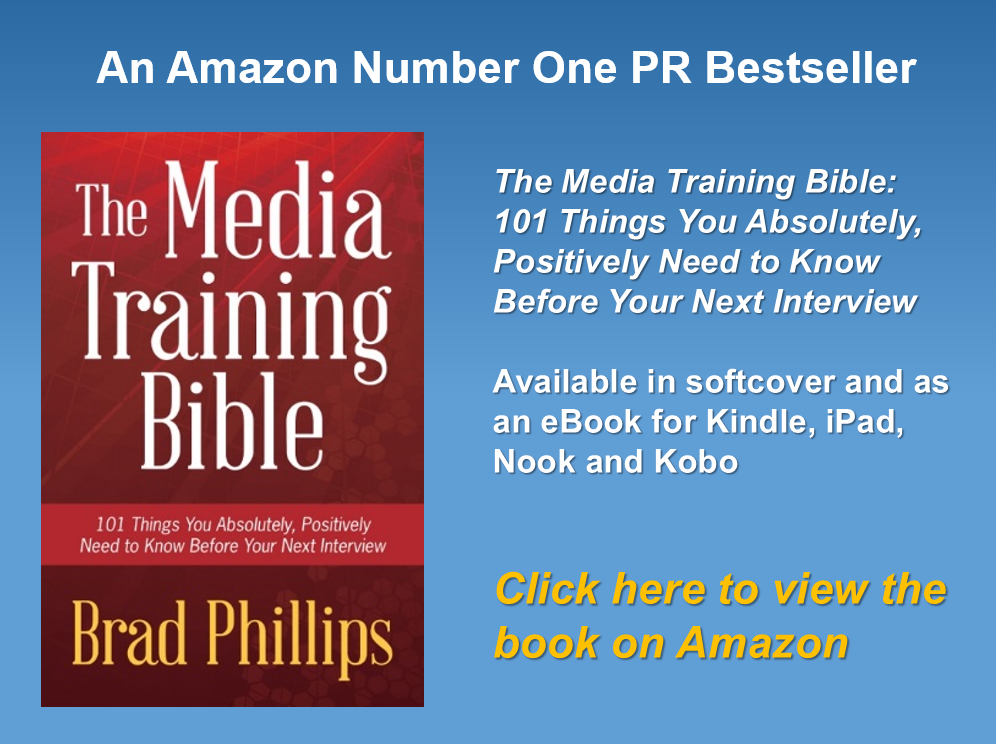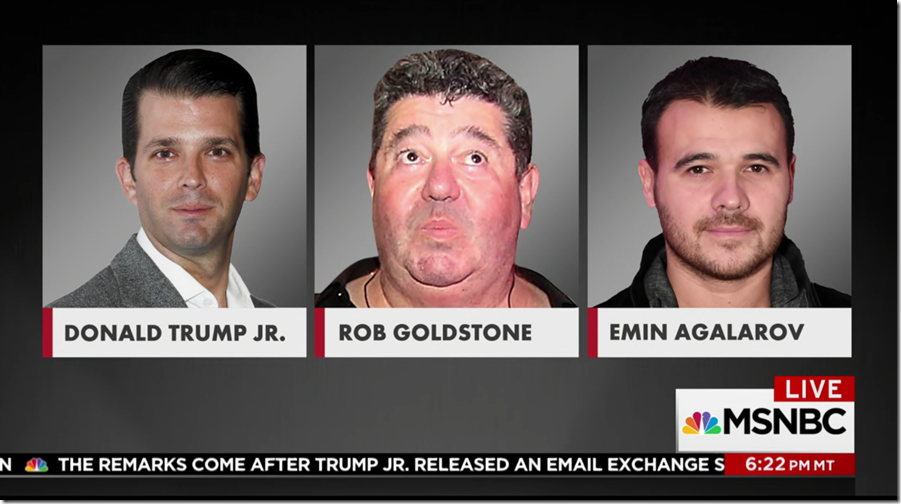Help A Reader: This Reporter Is Blowing Me Off!
A Florida-based PR pro recently wrote in about a situation almost every media relations professional has faced at some point in their career:
“I was introduced to a journalist of a national magazine. My colleague and I sat down with the media person and pitched him what our organization does. He loved our cause and said he would publish a story in his national and local magazine after he visits our events. He couldn’t get enough of the work we do which is a non-profit providing free music training to kids.
I have invited him via email to all of our events and have called him twice. He hasn’t shown up to our events and responds with ‘I’m working on the next issue’ via phone.
I continue to send press releases to his attention. I hear nothing but crickets. I want to give him one more call. But at this point, what can I say? What is appropriate to say to a journalist who’s kind of giving me the run-around?”
I empathize with this dilemma. In 2002, I traveled to Guyana with a reporter from the Associated Press who was interested in writing about the work being done by the organization I worked for. I planned a trip that had us crisscrossing the country and taking a ferry into Brazil, organized a series of meetings, and spent three full (and pleasant) days with her.
She never wrote the story. I followed up many times. At some point she stopped replying, and shortly thereafter, I gave up. It was a tremendous waste of resources (although I was delighted to see Guyana)— but it’s also part of the media relations game.
In your case, the first thing I’d say is that I wouldn’t take the reporter’s silence personally. It’s entirely possible that he remains as interested in your cause now as the day you met, but has been sidetracked by other stories, demands placed onto him by his editor, or just an unforgiving workload.
Many times in these situations, I’ve observed that the media relations professional and the reporter enter into a brief “push/pull” dynamic that quickly ends the relationship: the PR person keeps calling, emailing, and pressing, and the reporter is repelled by the (perceived) onslaught and backs away.

Therefore, I’d suggest avoiding that dynamic by sending him an email that empathizes with his presumably busy workload, gives him control over your future contacts, and offers to make his life easier. Here’s an example:
“Dear Reporter,
I know that you were interested in our work, but I also understand how busy a reporter’s life is. Therefore, I’d like to make sure that I’m available to serve you—but that I don’t become a PR pest.
How would you like me to keep in touch with you? Do you prefer that I continue sending you our press releases so you can keep up with our work? Should I remove you from the list but send a quick email if a newsworthy event is on the horizon? Should I check in with you, say, next month to see if there’s a clearing in your schedule to resume our conversation?
Please feel free to reply with a short phrase or sentence—there’s no need for a longer email if you’re swimming in work.
Thank you very much, and all the best.
Brad Phillips”
This doesn’t guarantee a response, of course. But if the reporter does reply, your gentle approach might help invoke the “Reciprocity Principle,” which asserts that since you did something to help him (back off), he might be more inclined to do something for you (prioritize your future contacts).
Other people use more aggressive media relations strategies than I do, and often to great success. So please regard mine as only one point of view. I’m hoping some readers will offer their own suggestions for you in the comments section. Good luck, and thanks for writing!
Do you have a question for Mr. Media Training? Send it to info@throughlinegroup.com





Great advice, Brad! I’m a reporter turned media-trainer turned reporter again (covering the military), and I’ve been on both sides of this gap.
The journalist who is ignoring you is probably feeling guilty, or maybe even WANTS to do the story and can’t find a way to tell you “no.” A good reporter always has lots of things going on at once. He/She may have competing priorities, an uninterested editor, or have genuinely forgotten. The best approach is a gentle, infrequent reminder. You might also suggest a new angle, or ask if there’s another reporter at the publication who might be interested. Whatever you do, don’t get angry. It really isn’t personal!
Which reminds me . . . a military PAO sent me a follow-up e-mail last week to follow up on a pitch she made to me a couple of months back. I haven’t responded because I’m not sure when I can get to it. I’m going to get back to her right now!
Steve Liewer
Omaha World-Herald